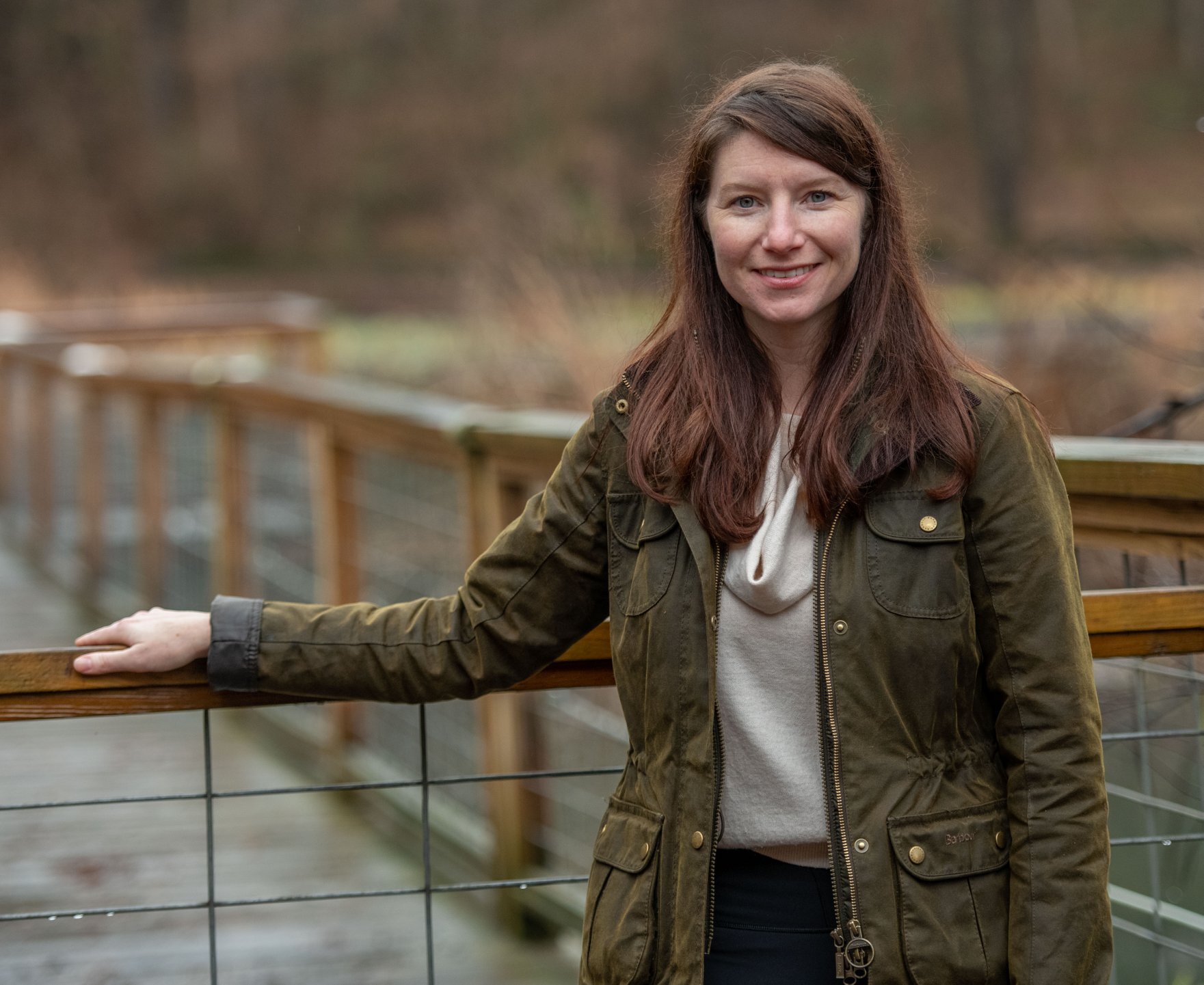Social Entrepreneurship at the University of Virginia (SE@UVA), a Batten School initiative, is marking its 10-year anniversary with a renewed commitment to educate the next generation of social innovation leaders.
Batten professor Christine Mahoney, SE@UVA’s founding director who is stepping down from the program at the end of this semester, has helped the program flourish.
From its early days in 2011, when a handful of students approached Mahoney clamoring for more courses in social entrepreneurship, the program now has 10 full- and part-time faculty, a full-time director and associate director, five dedicated part-time student fellows and 10 board members.
Under Mahoney’s leadership, the program launched a minor in 2015 in partnership with McIntire, Engineering, and the Architecture School, and created over a dozen courses in social business and impact investing – many of which now have wait lists. Each year, more than 500 students per year enroll in SE@UVA classes and more than 1,600 attend events.
More than 700 students have declared a minor in Social Entrepreneurship and over 2,100 students have taken courses through SE@UVA.
The program’s social impact is quantifiably impressive. Ten years in, SE@UVA is celebrating having mentored and supported over 80 student social enterprise concept teams, provided over 38,400 hours of pro bono consulting support to more than 100 social entrepreneurs and impact investors, and mobilized $7.7 million in resources to support its internal and external operations, Mahoney said.
SE@UVA has also helped students with socially-minded entrepreneurial aspirations start their own companies, like UVA students Alexander Olesen (Col ‘17) and Graham Smith (Engr. ‘18), who launched Babylon Micro-Farms in 2017. While attending the SE@UVA’s “Open Source for Common Good” class in 2015, Olesen developed the idea for a “radically affordable” hydroponic drip system to grow indoor crops in climate-challenged areas. With Smith’s engineering help, SE@UVA provided seed funding to build a prototype, setting the fledgling company on its path to success.
In January, the 24-person company expanded and relocated to Richmond – where it plans to double its staff – and in March Babylon landed $3 million from investors.
Also in March, Mahoney and SE@UVA unveiled its first-ever Social Innovator of the Year award, presenting it to prominent impact investor and UVA alumna Jacqueline Novogratz (Col ‘83), a founding board member of SE@UVA.
The award honored the social impact Novogratz’s fund, Acumen, has made across the globe. Acumen has invested over $135 million to build 136 social enterprises across Africa, Latin America, South Asia and the United States. With Acumen’s backing, these companies have been able to access an additional $746 million in capital to bring basic services like affordable education, health care, clean water, energy and sanitation to more than 308 million people.
Novogratz, who has relentlessly pushed the financial sector to incorporate social justice aims, talked about her personal career path during SE@UVA’s virtual award ceremony, which included an audience of students, alumni and community members.
Click here to watch Novogratz discuss her new book, Manifesto for a Moral Revolution: Practices to Build a Better World and reflect on the biggest takeaways from her career.
The extensive programming that SE@UVA now provides did not exist when Novogratz was on Grounds, but the university writ large has graduated countless alumni who, like Novogratz, are making a positive impact on the world.
“UVA has always been a place for changemakers,” Mahoney said. “In the past, they had to forge their own way. Now we have an on-ramp for students who want to make the world a better place through social innovation.”
Laura Toscano, associate director of SE@UVA, said the program provides students with hands-on problem-solving experience, internships and a proven “path to a career that’s driven as much by purpose as by profit.”





